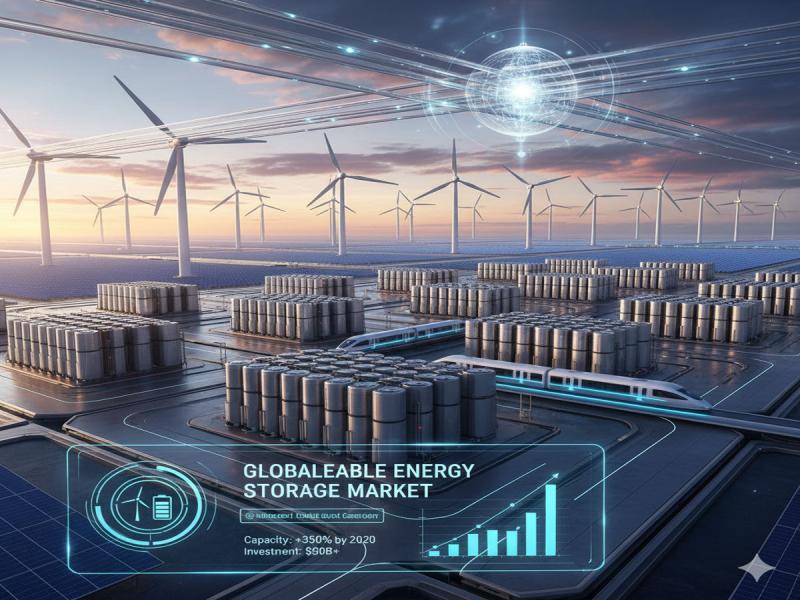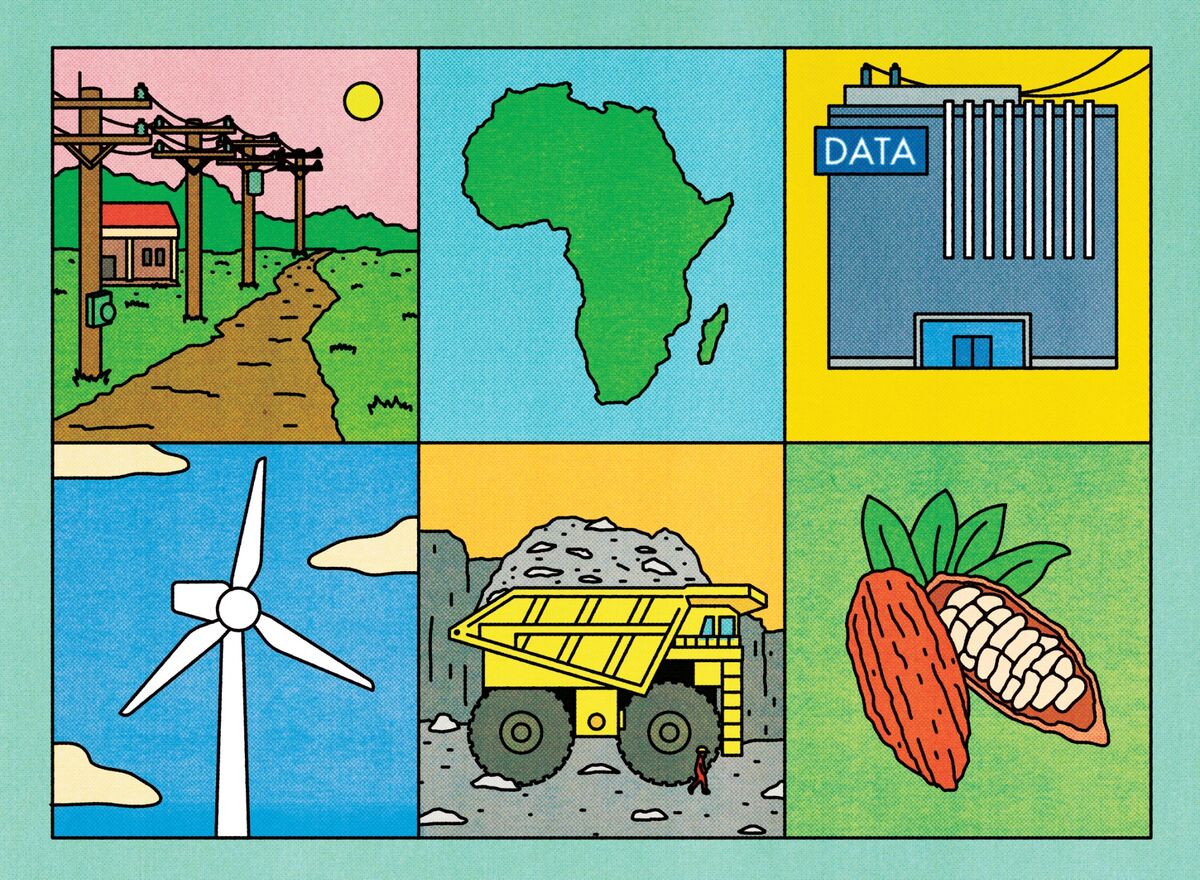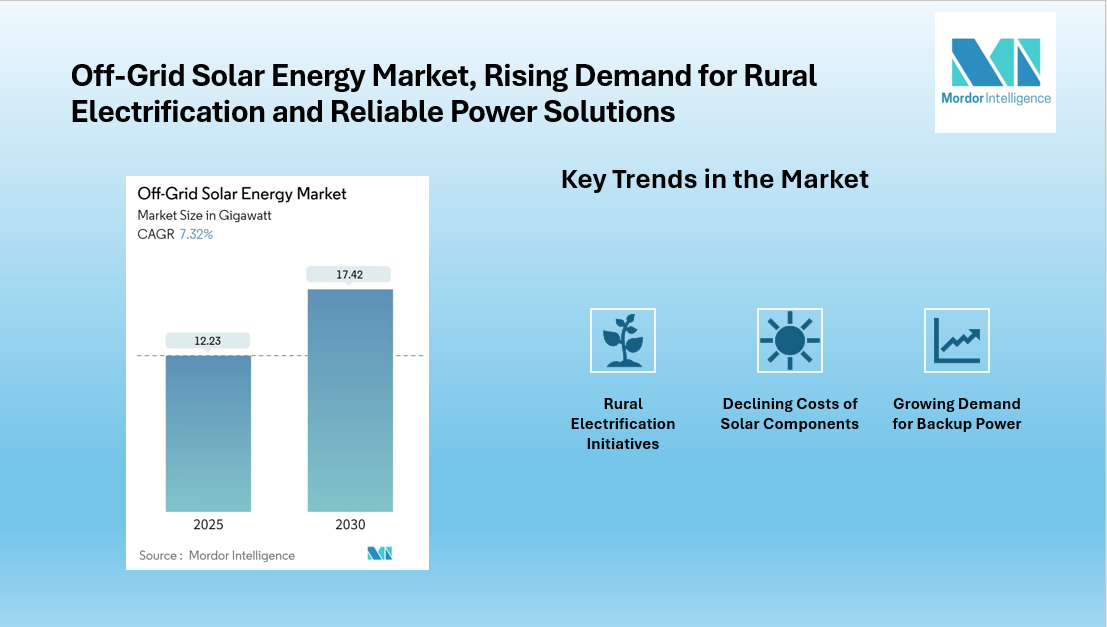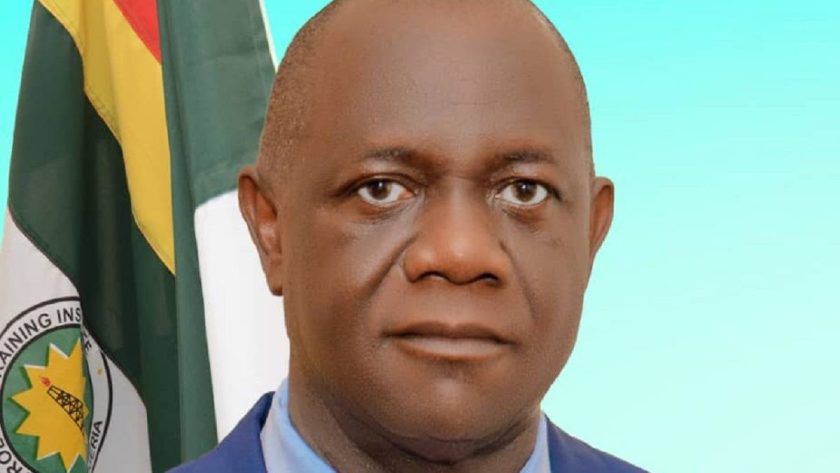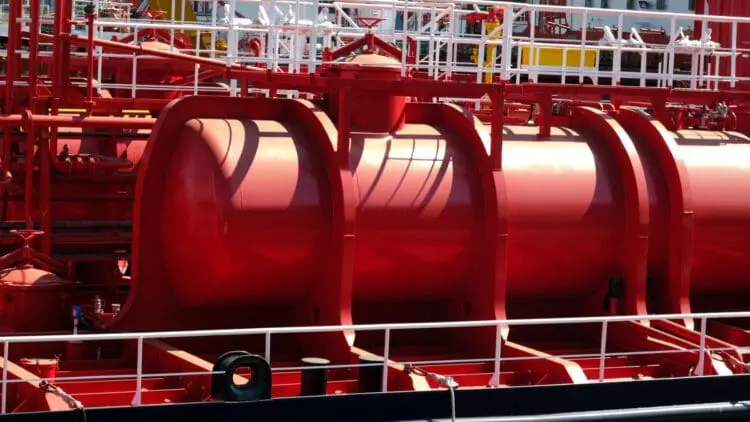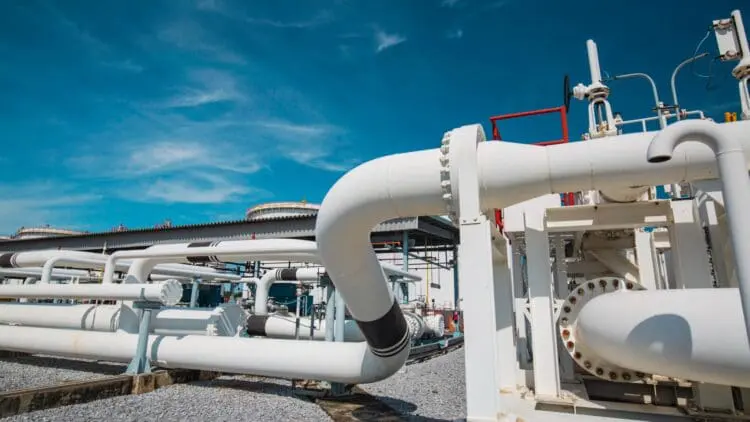Energy Markets

Solar power mistake in South Africa costs homeowners large sums of money
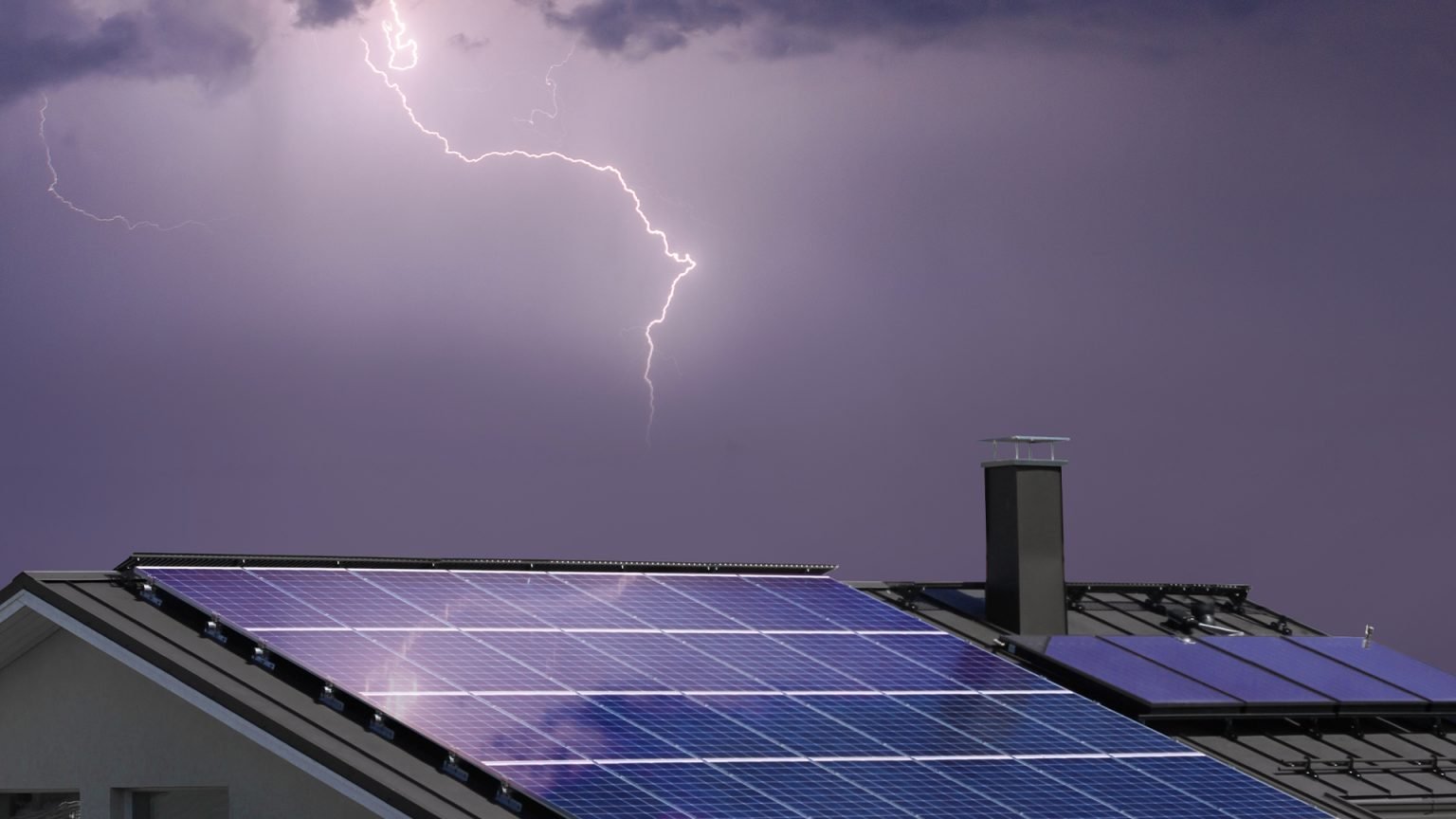
Solar power installers have warned South Africans against using “bakkie brigade” providers for their systems.
Increased load-shedding between 2021 and 2023 drove a surge in demand for solar and backup power systems, creating an opportunity for many more companies to enter the market.
Among these were dozens of unscrupulous “fly-by-nights” looking to make a quick buck rather than provide a reliable service in the long term.
Alumo Energy recently said the unsafe work of informal and inexperienced installers, sometimes involving non-compliant products, was creating an escalating after-sales crisis in the residential market.
“The result is that consumers are increasingly facing major repairs, safety hazards, and unexpected costs, with little to no after-sales support,” the installer said.
“Faulty components and poorly installed systems often only reveal problems months after installation, leaving families and business owners to deal with the consequences and compounding costs.”
Alumo Energy CEO Rein Snoeck Henkemans said that smaller installers were often nowhere to be found when the systems started behaving strangely.
“Consumers are left stranded, paying again just to make their systems safe and compliant,” Snoeck Henkemans said.
Alumo Energy reported a sharp increase in after-sales callouts from non-Alumo customers whose systems were installed by such operators.
Alumo Energy’s teams frequently encounter AC and DC cables crammed into single trunking systems, live wires without proper conduits, and inverters that don’t meet National Rationalised Specifications.
“These flaws do more than reduce efficiency — they create serious risks of fire, electrocution, and total system failure, putting homes, businesses, and lives in danger,” Alumo Energy said.
Snoeck Henkemans said that warranty support was crucial. “Established companies with direct manufacturer ties can process claims quickly, replace equipment, and minimise downtime,” he said.
“Alumo Energy, for example, supplies loan batteries or inverters during warranty claims, ensuring households and businesses remain powered even during repairs.”
Long-term maintenance and servicing
Several other installers have recently issued similar warnings.
One Energy has advised property owners to resist the temptation of cheap pricing and instead invest in qualified installers who prioritise safety and compliance.
“The few thousand rand saved on a discount installation pale in comparison to the potential costs of fires, legal issues, and system failures,” said One Energy spokesperson Teresa Kok.
Kok provided several tips for spotting unqualified installers potentially selling dangerous systems:
- Inability to explain SSEG compliance requirements
- Offering non-NRS approved equipment
- No mention or detail of the required protection systems
- Lack of proper electrical certification or qualifications
- Unwillingness to provide equipment documentation
- Quotes significantly below market rates should be approached with caution
- Reluctance by the provider to detail cost breakdowns of components and labour
- High-pressure sales tactics — pressure for immediate decisions
- Vague or missing warranty terms
- Hesitance to provide qualifications of the installers
- Stores requiring online upfront payments where there is no verified physical presence of the provider
- No fixed business address or established local presence
- No established track record or history of reviews from previous customers
- Lack of professional insurance coverage and tax compliance
@Alumo Energy also highlighted the importance of regularly servicing and maintaining solar power systems.
“Panels need cleaning to prevent dust build-up, inverters require inspections to maintain compliance, and cabling, connectors, and fuses must be checked to guarantee safety,” Alumo said.
Roof fixings, mounting frames, and bolts also need to be tested to ensure they remain and weather-resistant.
In addition, batteries should also be monitored for charge cycles, capacity, and temperature stability, while smart monitoring systems and optimisers require software updates to function effectively.
Snoeck Henkemans said that technology was ever-advancing and large service providers could keep their technicians trained and equipped in ways that single-person installers simply could not.
“Thermal scans, for example, allow professionals to detect hot spots or loose connections before they become dangerous,” he said. “These are tools rarely available to small-scale installers.”



